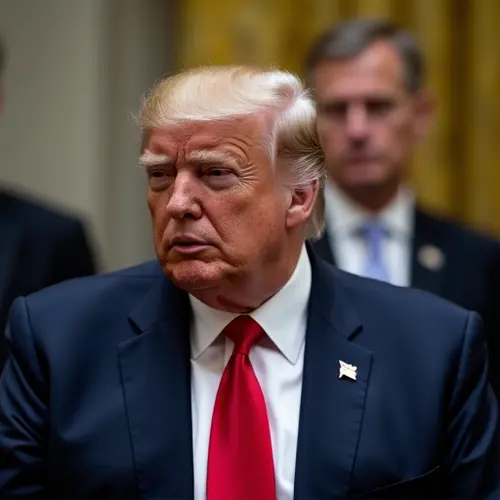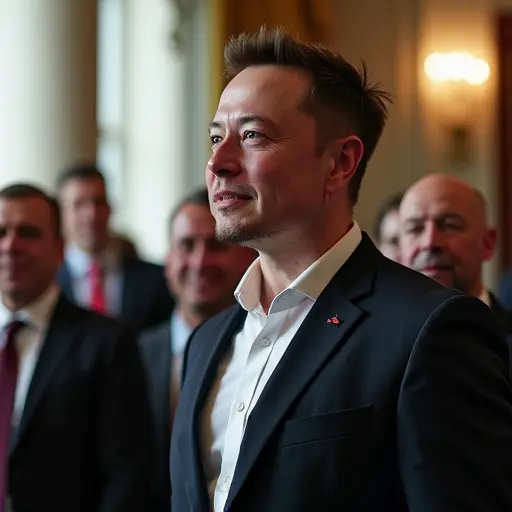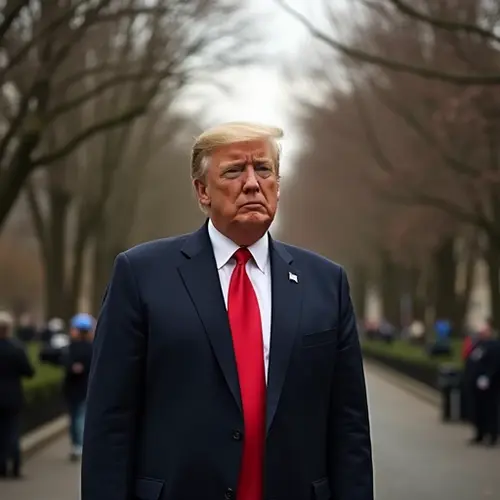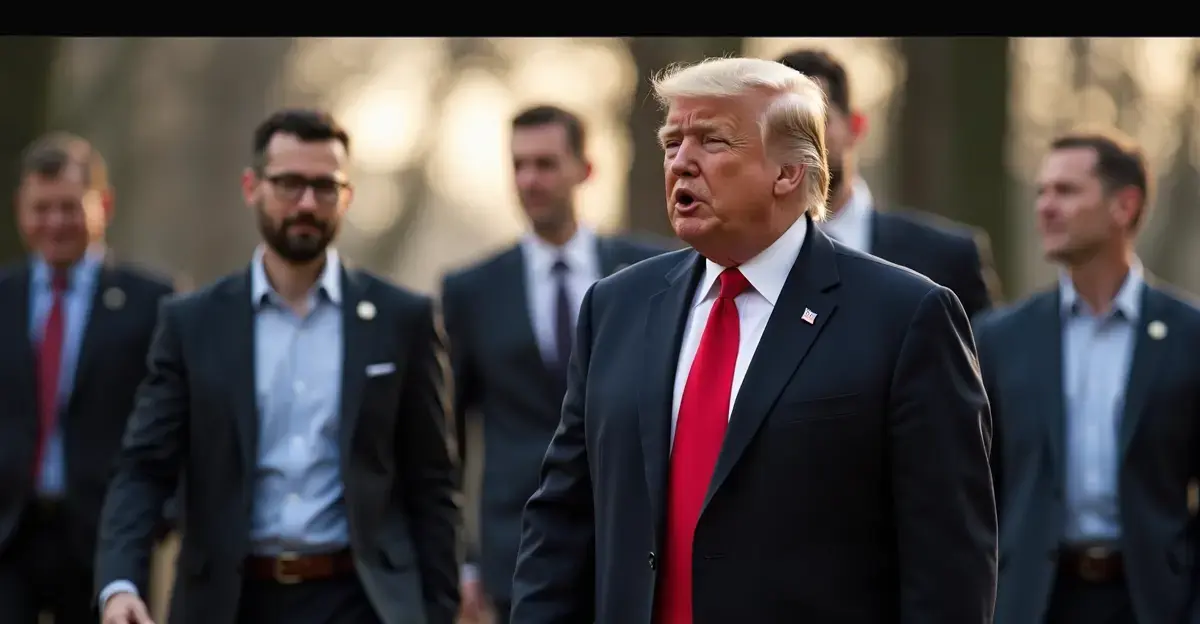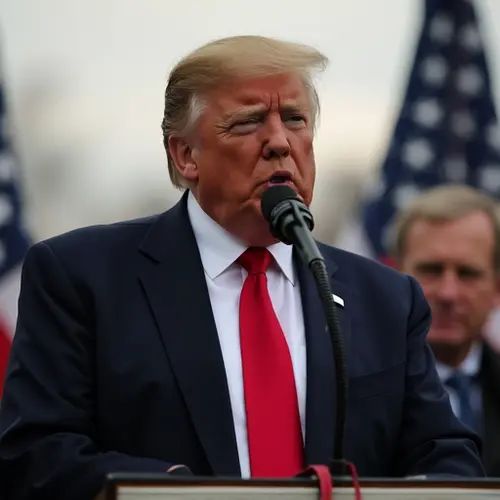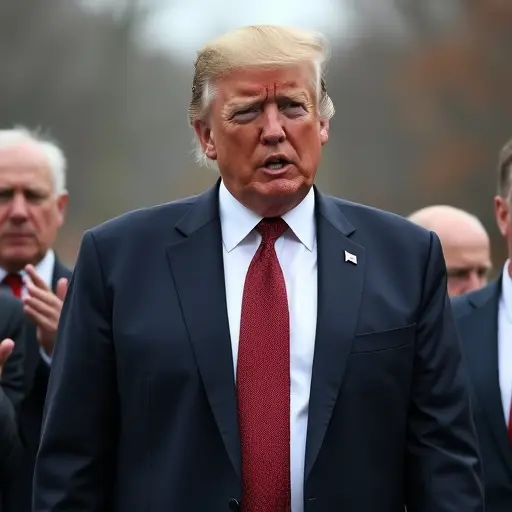Senate Passes Controversial 'One Big Beautiful Bill'
After a 24-hour marathon session, the US Senate approved President Trump's landmark spending legislation, dubbed the 'One Big Beautiful Bill'. The vote resulted in a 50-50 deadlock, broken by Vice President Vance in his constitutional role as Senate President.
Legislative Pathway and Opposition
Despite Republican control of 53 Senate seats, the bill required the Vice President's tie-breaking vote. The approved legislation now returns to the House of Representatives, which had passed an earlier version. President Trump aims to sign the bill into law by July 4th, Independence Day.
Democrats fiercely opposed the legislation, criticizing its cuts to social security programs, tax reductions for corporations, increased funding for immigration enforcement, and elimination of green energy subsidies. Senate Democratic Leader Schumer condemned the outcome, stating Republicans 'betrayed the American people and disgraced the Senate.'
Economic Implications and Reactions
The Senate-amended version adds $651 billion to the original $3.3 trillion expenditure, significantly increasing the national debt. Conservative groups warned this contradicts fiscal responsibility principles. Moderate Republicans expressed concern over deeper cuts to Medicaid healthcare programs.
Elon Musk announced plans to form 'The America Party' should the bill become law, criticizing its fiscal impact. Despite previous support for Trump, Musk condemned senators who voted for the legislation, stating 'they should be ashamed' on social media platform X.
House Prospects and Political Pressure
House Speaker Johnson remains optimistic about passing the revised bill before July 4th, framing it as fulfillment of Trump's 'America First' mandate. However, the legislation faces challenges from Democrats opposing social program cuts and Republicans concerned about debt expansion. Polls indicate majority public disapproval.
Political analysts note House Republican leaders can afford few defections given their narrow majority. President Trump has threatened to oppose dissenting Republicans in upcoming primaries, intensifying pressure on lawmakers.

 Nederlands
Nederlands
 English
English
 Deutsch
Deutsch
 Français
Français
 Español
Español
 Português
Português
